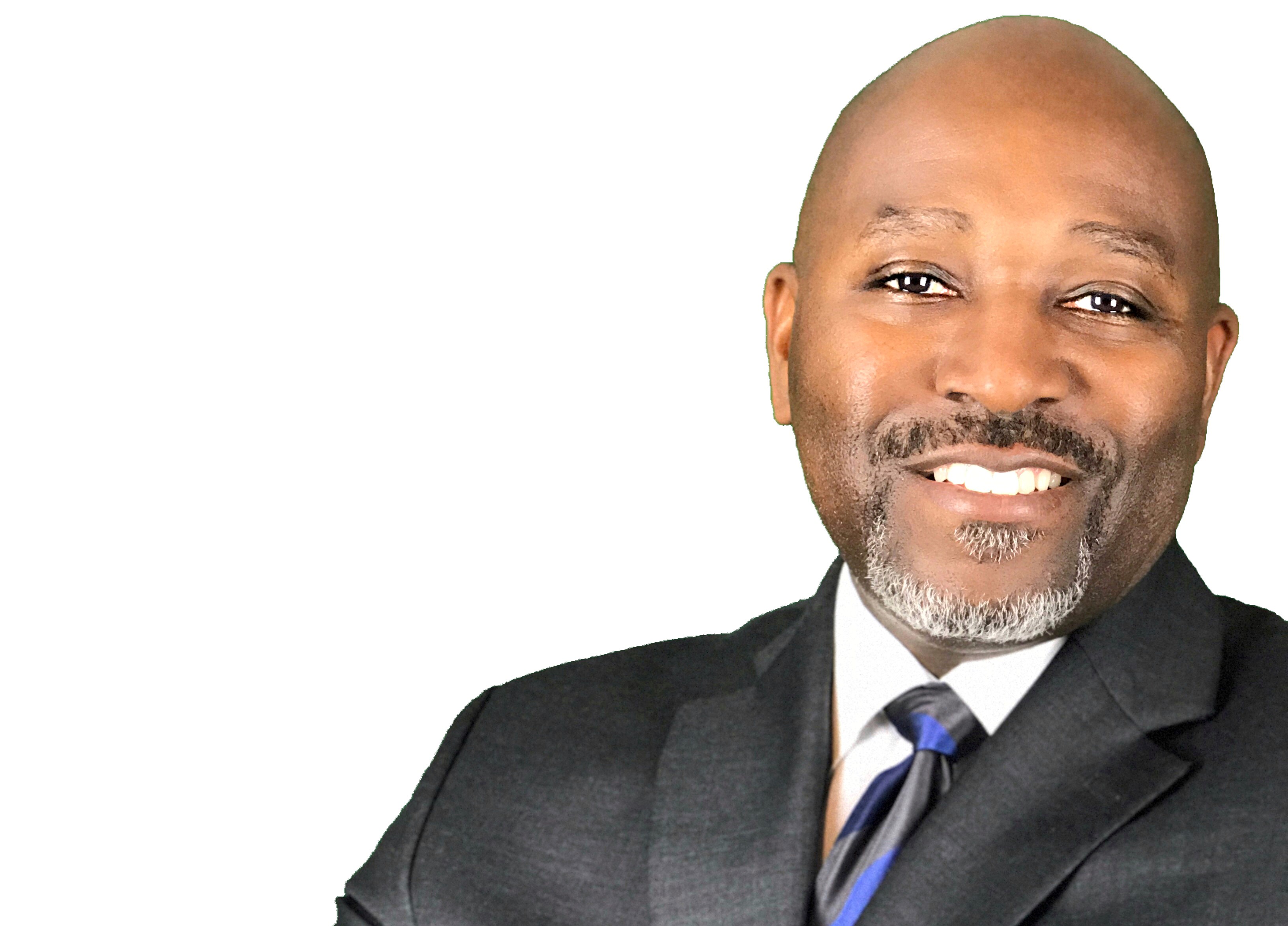From Black History Month to Black Panther: An Interview with Bryant K. Smith
2/26/19 Andrew Greenway, Editor
“History is not everything, but it is a starting point. History is a clock that people use to tell their time of day. It is a compass they use to find themselves on the map of human geography. It tells them where they are, but more importantly, what they must be.”
-John Henrik Clarke, black historian, professor, and author
On America’s bicentennial in February 1976, President Gerald Ford implored the nation to “seize the opportunity to honor the too-often neglected accomplishments of black Americans” and established the first Black History Month. The celebration quickly gained support across North America and Europe, with the UK and Canada adopting similar celebrations within 20 years of the U.S.’s observance. Thanks to the efforts of the civil rights movement and an increased awareness of international inequality, Black History Month helped to spark the public interest in black history in the Western world.
Although you may be aware of its civil rights origins at Kent State University, you likely haven’t learned the story of the precursor to our modern Black History Month. First devised by Mr. Carter G. Woodson, Negro History Week, was first observed in 1926 when Woodson reached out to the Department of Education in West Virginia, North Carolina, and Delaware as well as Washington, D.C. and Baltimore. Although its reception was mixed, the celebration would quickly go from the dream of a young, black journalist, son of former slaves, to a nationwide movement recognized for bringing black history back into the lives of many Americans. This philosophy is reverberated in the subject of our interview.
Lovingly referred to as a “human potential specialist,” Bryant K. Smith has worked as an author, public speaker, and consultant for over 20 years with businesses and universities across the country after leaving his position at Millikin University as the Director of Multicultural Affairs and International Student Services. At Millikin, he specialized in bringing powerful messages about racial and cultural appreciation that appealed to a diverse student body. It is these skills that have helped him analyze politics and pop culture to create seminars and presentations that have taught black history to individuals across cultural and generational boundaries.
We were incredibly privileged to have interviewed Mr. Smith after he recently hosted two presentations here at ICC. In his presentations, Smith compared major themes of the massive hit Marvel film, Black Panther, to real-life African civilizations and significant figures. The presentation then went on to recognize some of Africa’s rich history that often goes underappreciated as world history, which Smith discusses in our interview.
Interviewer: You describe yourself as a “human potential specialist,” what exactly does that title mean?
Bryant Smith: There was a point that I realized that the majority of people will not live up to their potential because they’ve never been told they can strive for better. I help people realize their potential by telling them that they can be greater, whether that be by them sitting in on a presentation, attending a seminar, coaching them, or just talking to them.
“I help good people become great people, and great people become memorable.”
I: How long have you worked as a public speaker and/or author?
S: I’ve been a public speaker for about 19 years and I wrote my first book in 1999. A lot of my books discuss topics important to me such as racism, student organizations, mostly non-fiction. My degree is in communications, so I use that every day to reach people of all races, genders, cultural backgrounds, religions, and creeds.
When asked about his prior experiences at Millikin, specifically his duties and responsibilities as the Director of Multicultural Affairs and International Student Services, he often describes his experiences with reaching out to minority students and helping prepare them for life as global citizens. But his work was not reserved to empowering young people of color; Smith’s goal was to make all students active participants in learning about world history and world affairs. Smith advocates that sentiment to this day, stating that black history is world history.
“Just as we have an obligation to recognize the struggles and achievements of black people, black people have an obligation to empathize with the problems of women, and women should care about what happens at our borders. It is a shared social responsibility to ourselves and each other to be aware.”
I: In your opinion, what are some of the most important black achievements in history?
S: That’s difficult, but if I were to choose a few it’d be the development of medicine and social sciences in ancient Egypt. They’ve found writings, inscriptions, and hieroglyphs in the pyramids that describe procedures of circumcision and discovered artifacts that resemble modern airplanes in these tombs made thousands of years ago! That, to me, describes a culture which is incredibly advanced. The University of Sankoré at Timbuktu is also an achievement that should be recognized. Everyone should know the global impact of the Transatlantic Slave trade.
I: If there were 3 black figures that everyone should know, who would they be?
S: Mansu Musa, Emperor of Mali; Queen Nanny of Jamaica, and Frederick Douglass. (Woodson’s initial Negro History Week took place during the second week of February, specifically containing the birthdays of Fredrick Douglass and Abraham Lincoln—two key figures in the abolition of slavery.)
I: If there was one thing you’d want our readers or anyone wanting to learn more about black history to take away from your experience, what would it be?
S: If it were only one thing I’d like to end with, it’d likely be a quote from Dr. Martin Luther King.
“Everyone can be great because everyone can serve.”
-Dr. Martin Luther King

